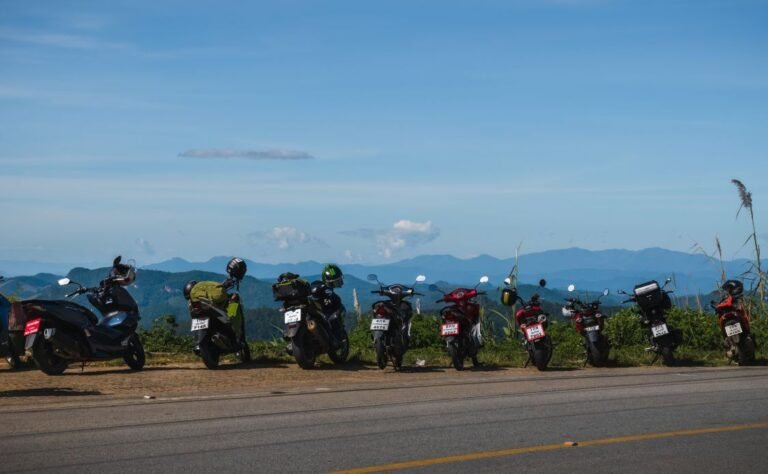Botswana Travel Tips for Your Safari
Planning a safari in Botswana can be daunting, but it is one of the most rewarding travel experiences you can have in Africa. Known worldwide for its untouched wilderness, abundant wildlife, and world-class national parks, Botswana offers a safari adventure that feels both authentic and exclusive.
Whether you’re dreaming of witnessing the Big Five on safari or simply looking for the best way to explore Botswana’s remote landscapes, these practical tips will guide you right from the start. Before you set off, there are a few important things to know that will help you get the most out of your journey.
1. Best Time to Visit Botswana
The dry season (May to October) is the most popular time for a Botswana safari. During this period, wildlife is easier to spot as animals gather around rivers and waterholes. September and October, though hot, are particularly good for game viewing.
The green season (November to April) brings lush landscapes, birdwatching opportunities, and fewer crowds, but some areas may be harder to access due to rain, mud, and the thick brush brought about by the heavy rains.
Tip: If you want excellent game viewing without peak-season prices, aim for May or early June.
2. Entry Requirements and Visas
Most visitors from the US, UK, EU, and many Commonwealth countries do not require a visa for stays of up to 90 days. However, your passport must be valid for at least six months beyond your travel dates and must have two blank pages. If you’re travelling with children under 18, carry their unabridged birth certificates, as Botswana has strict requirements for minors entering the country.
3. Health and Safety Considerations
Botswana is a safe destination for travelers, but there are a few health precautions to keep in mind:
- Vaccinations: No mandatory vaccines are required, but it’s recommended to be up to date on routine immunizations.
- Malaria: Some regions, particularly the Okavango Delta and Chobe, are malaria zones. Speak to your doctor about prophylaxis and the best ways to avoid being bitten.
- Travel Insurance: Make sure your insurance covers medical evacuation, as safari destinations can be quite remote.
4. What to Pack for a Botswana Safari
Packing light is key, especially if you’ll be flying in small charter planes between safari camps. Soft-sided bags are preferred, with a weight limit of around 20 kg (including hand luggage).
Essentials include:
- Neutral-colored clothing (avoid bright colours and camouflage patterns).
- A wide-brimmed hat, sunscreen, and insect repellent.
- Binoculars and a decent camera with extra memory cards.
- A warm jacket for early morning game drives, even in summer.
- Comfortable, sturdy shoes for walking safaris.
Tip: Layers are your best friend. Mornings can be chilly, while afternoons get hot.
5. Getting Around Botswana
Outside of major towns, Botswana has few paved roads, so 4x4s or light aircraft are the only ways to reach many safari areas. Most travelers choose guided safaris, which take care of logistics and ensure you get the most out of your game drives. This is also what our safari experts recommend!
6. Budgeting for Your Safari
Botswana is known for high-value, low-volume tourism. Safaris here are more expensive than in some other African countries, but the exclusivity and quality make it worthwhile.
Tip: Booking well in advance – especially for peak season – is essential.
read more :
7. Respecting Wildlife and Local Communities
Botswana takes conservation seriously, and travelers are encouraged to do the same. Always follow your guide’s instructions, never feed animals, and keep a respectful distance when observing wildlife. When visiting villages, ask permission before taking photos and support local entrepreneurs whenever possible.
By preparing ahead with these Botswana travel tips, you’ll be able to focus on the magic of the moment – whether that’s watching elephants cross the Chobe River at sunset or listening to lions roar under the stars in the Okavango Delta.






